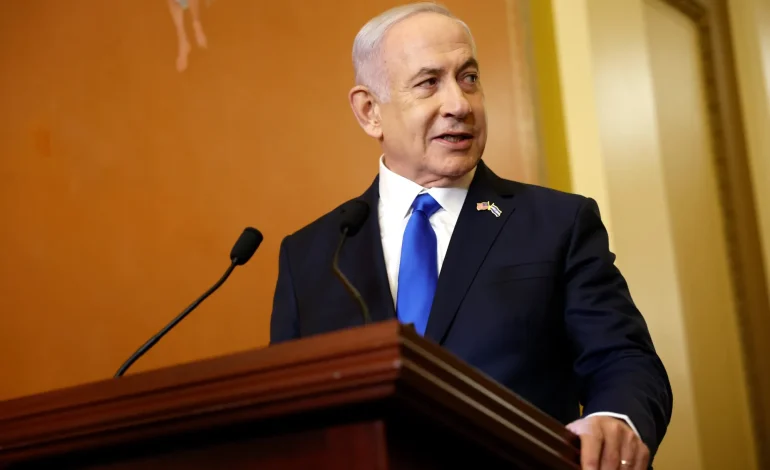Israeli Parliament Approves 2025 State Budget, Offering Relief to Netanyahu

Israel’s parliament, the Knesset, has approved the state budget for 2025, providing Prime Minister Benjamin Netanyahu with a much-needed political respite after recent market volatility, Bloomberg reports.
The budget bill secured a majority vote in the 120-member Knesset, where Netanyahu’s right-wing coalition holds 68 seats. Failure to pass the budget would have triggered the collapse of the government under Israeli law.
The approval of the budget, which had faced uncertainty due to internal coalition disagreements, bolsters Netanyahu’s position amid ongoing protests against his government. These protests have been fueled by decisions to remove Israel’s attorney-general and internal security chief, actions perceived as undermining democracy, as well as the renewed conflict with Hamas in Gaza after a brief ceasefire.
Israeli assets have been under pressure in recent weeks due to the breakdown of the Gaza truce and rising tensions between Netanyahu’s government and key officials. The shekel experienced significant depreciation last week, and the country’s credit-default swaps, a measure of risk, increased. The budget’s approval has contributed to a partial recovery of the shekel this week, with the currency up approximately 1.2% against the dollar.
The 2025 budget totals 620 billion shekels ($166 billion), representing a roughly 20% increase compared to the pre-war allocation for 2024, although the 2024 budget was revised upward multiple times following the outbreak of fighting. The target deficit is set at 4.7% of gross domestic product, 0.3% higher than the initial proposal presented to the cabinet in November.
Defense constitutes the single largest expense, amounting to 110 billion shekels, approximately 60% higher than before the start of the war against Hamas in October 2023.
While the Israeli government has not provided a detailed breakdown of the defense component, Yuli Edelstein, chairman of a parliamentary committee overseeing military spending, stated that millions of shekels have been allocated to enhance security along Israel’s eastern border, primarily shared with Jordan. Israeli officials cite this boundary as a target for Iran-backed weapon smugglers aiming to arm militants in the West Bank.
Israel’s debt-to-GDP ratio rose to 69% last year, the highest level since 2010. The budget includes a 35-billion-shekel fiscal-adjustment package aimed at reducing the deficit, primarily through tax increases and some spending cuts.
Central bank Governor Amir Yaron, who also serves as the government’s economic adviser, has suggested that there is “room to change the budget composition to more prominently include growth engines, steps to improve labor productivity and reduce spending that doesn’t contribute to the economy’s future growth potential.”
Israel’s economy experienced its slowest growth in over two decades last year, excluding the Covid-19 pandemic, highlighting the economic impact of the conflicts in Gaza and against Hezbollah in Lebanon. Gross domestic product expanded by 0.9%. The government’s borrowing has surged, and its credit ratings have been downgraded several times.
Both Hamas and Hezbollah are designated as terrorist organizations by the US and other countries.









The latest news in your social feeds
Subscribe to our social media platforms to stay tuned